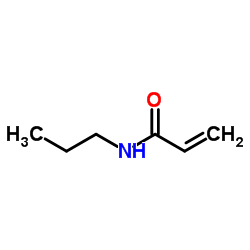| 结构式 | 名称/CAS号 | 全部文献 |
|---|---|---|
 |
α-糜蛋白酶
CAS:9004-07-3 |
|
 |
聚N-异丙基丙烯酰胺
CAS:25189-55-3 |
| 结构式 | 名称/CAS号 | 全部文献 |
|---|---|---|
 |
α-糜蛋白酶
CAS:9004-07-3 |
|
 |
聚N-异丙基丙烯酰胺
CAS:25189-55-3 |